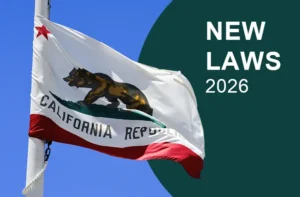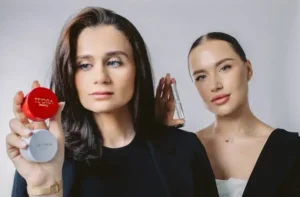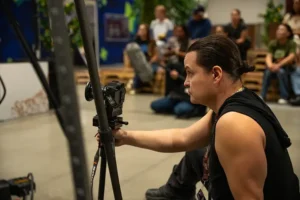When the world turned pink last year — from boutique windows to billboards on the highway — few realized that behind all the glitter and fun stood not just marketing genius, but a cultural revolution.
Her name is Greta Gerwig.
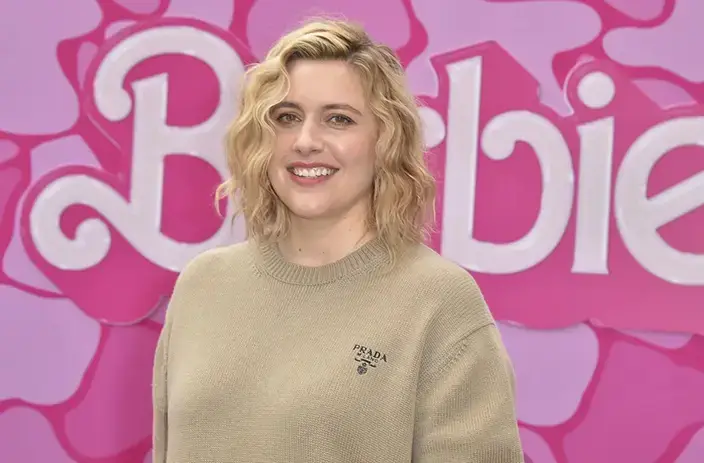
Director of Barbie, Lady Bird, and Little Women, a Sacramento native, Gerwig did the impossible: she made Hollywood talk about women not as background characters, but as the main driving force of the story.
From Sacramento to the Oscars
Greta grew up in Sacramento — a quiet, sun-soaked city where dreams often feel too far away and Hollywood seems like another planet.
In her film Lady Bird, she tells exactly that story: a teenage girl longing to escape her hometown and become someone. It’s semi-autobiographical, but it’s more than that — it’s a story about growing up, finding your own voice, and daring to be imperfect.
Lady Bird became a sensation. Behind the intimate story of a young woman, critics heard something new — a voice that wasn’t loud or political, but honest and deeply human. The voice of a woman who knows what it feels like to be both tender and strong.
“Barbie”: The Doll That Spoke Up
When Gerwig took on Barbie, most people expected a light comedy wrapped in pink plastic and nostalgia. What they got was something far more explosive — a philosophical satire that questioned gender roles, identity, and the very fabric of popular culture.
Yes, Barbie made over a billion dollars worldwide.
But more importantly, it made people talk — about feminism, representation, and what it means to be a woman in a world built by men.
Gerwig turned a global brand into a mirror, showing us how absurd and beautiful our search for identity can be.
The film was funny, bright, and campy — but also smart, painful, and deeply moving. It was pop culture with a pulse.
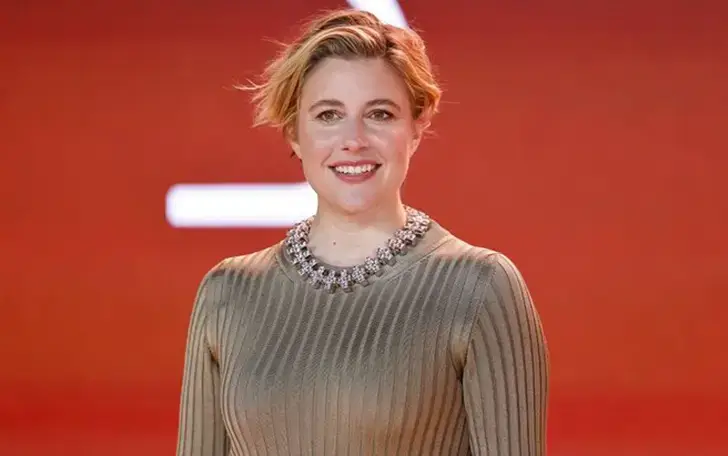
The Power of Telling Women’s Stories
Before Greta Gerwig, “female directors” were often a separate category — almost a genre of their own. But Gerwig refused to play by those rules.
Her storytelling is universal, yet unapologetically female. She speaks about mothers and daughters, about ambition and tenderness, about how women carry entire worlds inside them — and still manage to smile.
Her Little Women became not just another adaptation of Louisa May Alcott’s novel, but a manifesto about creativity, independence, and the right of women to live beyond the expectations of others.
For Gerwig, directing is not about gender — it’s about empathy. “When you tell a story through a woman’s eyes,” she says, “you open up the entire emotional spectrum of humanity.”
California’s Quiet Revolution
It’s symbolic that Greta Gerwig comes from Sacramento — not Los Angeles, not New York, but a city where art often grows quietly, away from the noise of the industry.
California has always been a place where revolutions begin not with shouts, but with stories. From Joan Didion’s essays to Silicon Valley’s code, from environmental activism to independent cinema — this state knows how to reinvent itself.
Gerwig is part of that California tradition: to take what the world thinks it knows and turn it upside down.
Her success is not just personal — it’s cultural.
She represents a generation of women who don’t ask for permission to tell their stories; they just tell them — honestly, playfully, powerfully.

The New Face of Hollywood
Hollywood is changing — slowly, unevenly, but visibly. More women are stepping behind the camera. More stories are being told from perspectives that were once ignored.
Greta Gerwig is both a symbol and a catalyst of that change.
With every film, she proves that emotional intelligence, humor, and depth can coexist within blockbuster cinema.
She doesn’t reject mainstream culture — she transforms it from within.
That’s why Barbie mattered.
It wasn’t just a movie. It was a cultural event — one that invited millions of people, men and women alike, to talk about identity, freedom, and the stories we tell about ourselves.
“To Be a Woman Is to Be a Creator”
Greta once said: “Every woman I know is a storyteller. Whether she writes, cooks, teaches, or raises a child — she’s shaping the world through stories.”
And that’s what she’s doing on screen — shaping a new narrative for Hollywood, one pink scene at a time.
She’s showing that femininity is not weakness. That emotion is not fragility. That art made by women can be both profound and fun, both intimate and epic.
So when you see another wave of pink across billboards, remember:
It’s not just a color. It’s a sign of change.









